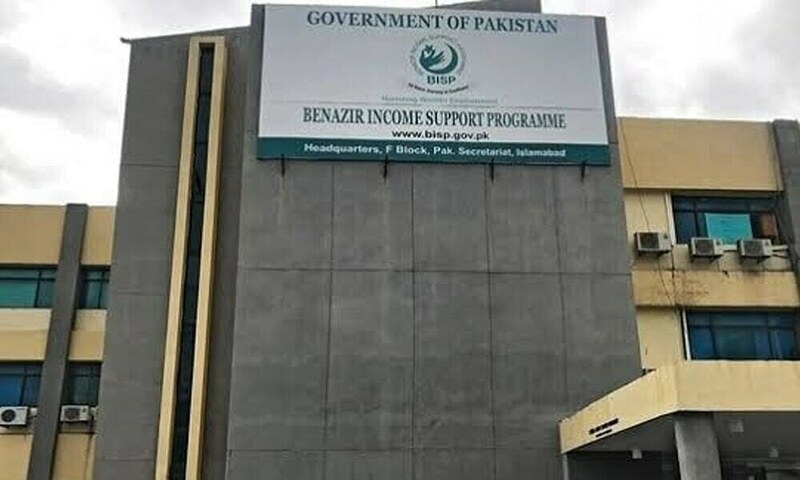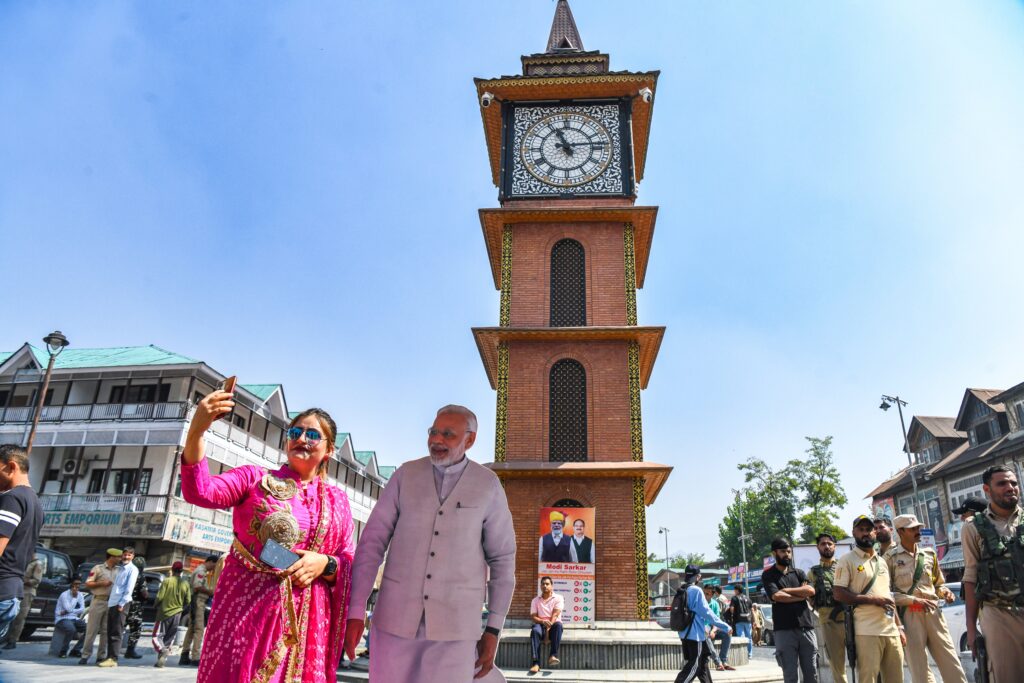By World Bank
Copyright brecorder

EDITORIAL: The Benazir Income Support Programme (BISP) is once again in the political spotlight. Recent floods have reignited debate over how the state should channel relief to affected households, and whether BISP should be the vehicle of choice. Predictably, competing voices have emerged from within the coalition government itself. Pakistan People’s Party (PPP) leaders have pressed for the programme’s use in flood relief, citing its nationwide database and cash disbursement infrastructure. Pakistan Muslim League–Nawaz (PML-N), by contrast, appears reluctant, preferring to rely on ad hoc provincial arrangements that allow greater political visibility.
That a social safety net should become a casualty of coalition politics is both unfortunate and short-sighted. Whatever its flaws, BISP remains the only federal programme with the reach, infrastructure, and experience to deliver targeted cash transfers at scale. It is neither fiscally perfect nor operationally flawless, but it is a tested mechanism that can, with some adaptation, provide timely relief to families devastated by natural calamity. To sideline it in the midst of a humanitarian emergency would be to privilege optics over outcomes.
The PML-N’s hesitation is not hard to understand in political terms. BISP’s very name is a reminder of its PPP origins. To use its platform for flood disbursements risks ceding credit to a coalition partner at a time when relief and rehabilitation are certain to dominate public attention. High-profile photo opportunities of provincial leaders distributing aid are often deemed more valuable than the quiet efficiency of digital transfers. Yet the purpose of social protection cannot be subordinated to partisan advantage. Those rendered homeless or destitute by the floods have no interest in which party logo adorns their relief package; they require swift, transparent assistance to rebuild their lives.
This is not to suggest that BISP is beyond reproach. Far from it. Over the past month alone, the programme has faced renewed allegations of corruption and misuse of funds. Parliamentary committees have raised questions about leakages involving government officials. Beneficiaries continue to report long queues, agent overcharging, and technical glitches at cash-out points. Independent audits have documented weaknesses in targeting, with deserving households excluded and ineligible ones included. In short, BISP is a net positive with major shortcomings.
But the correct response to institutional imperfection is not demolition. It is reform. BISP requires rigorous, independent, and external audit that goes beyond routine government review. It requires systematic weeding out of inclusion errors, tighter oversight of disbursement channels, and greater transparency in grievance redressal. It also requires depoliticisation: beneficiaries must not be made to feel beholden to one party or another. Instead of dismissing the programme as fraudulent or dysfunctional, policymakers should seize the opportunity to build it back better: fortifying governance, modernising technology, and integrating it with complementary initiatives in health, education, and nutrition.
In the interim, however, Pakistan cannot afford the luxury of any political tug-of-war. Floods have displaced tens of thousands, destroyed standing crops, and erased household savings in a matter of days. The speed with which assistance is delivered will determine whether these families fall into long-term destitution or recover with dignity. BISP is uniquely positioned to meet this challenge: it possesses a verified registry of low-income households, established channels for cash transfers, and prior experience in scaling up during crises, including during the Covid-19 pandemic. To reinvent relief delivery mechanisms in the midst of calamity is to squander precious time.
The choice before policymakers is stark. Either use the existing system, imperfect though it may be, or pursue parallel arrangements that will inevitably be slower, more fragmented, and more prone to patronage. It is tempting for political actors to view disaster relief as an opportunity to cultivate constituencies. But it is the victims of these disasters who ultimately bear the cost of such calculations. If coalition partners cannot agree on a unified approach, the very credibility of the state’s commitment to its most vulnerable will be called into question.
Pakistan’s social protection framework is already fragile. Poverty is rising, inflation has eroded real incomes, and fiscal pressures are constraining the government’s ability to expand coverage. In such circumstances, tearing down the only national safety net capable of reaching millions would be an act of folly. Instead, the government should take a dual-track approach: deploy BISP immediately for flood relief, while simultaneously commissioning independent audits and reforms to address its evident deficiencies.
The lesson is straightforward. Do not sacrifice the urgent needs of citizens at the altar of coalition politics. Relief must come first; accountability and reform must follow close behind. If Pakistan wishes to evolve its social protection architecture into something more robust, transparent, and resilient, it must begin by strengthening, not undermining, the very foundation that already exists.
Copyright Business Recorder, 2025



